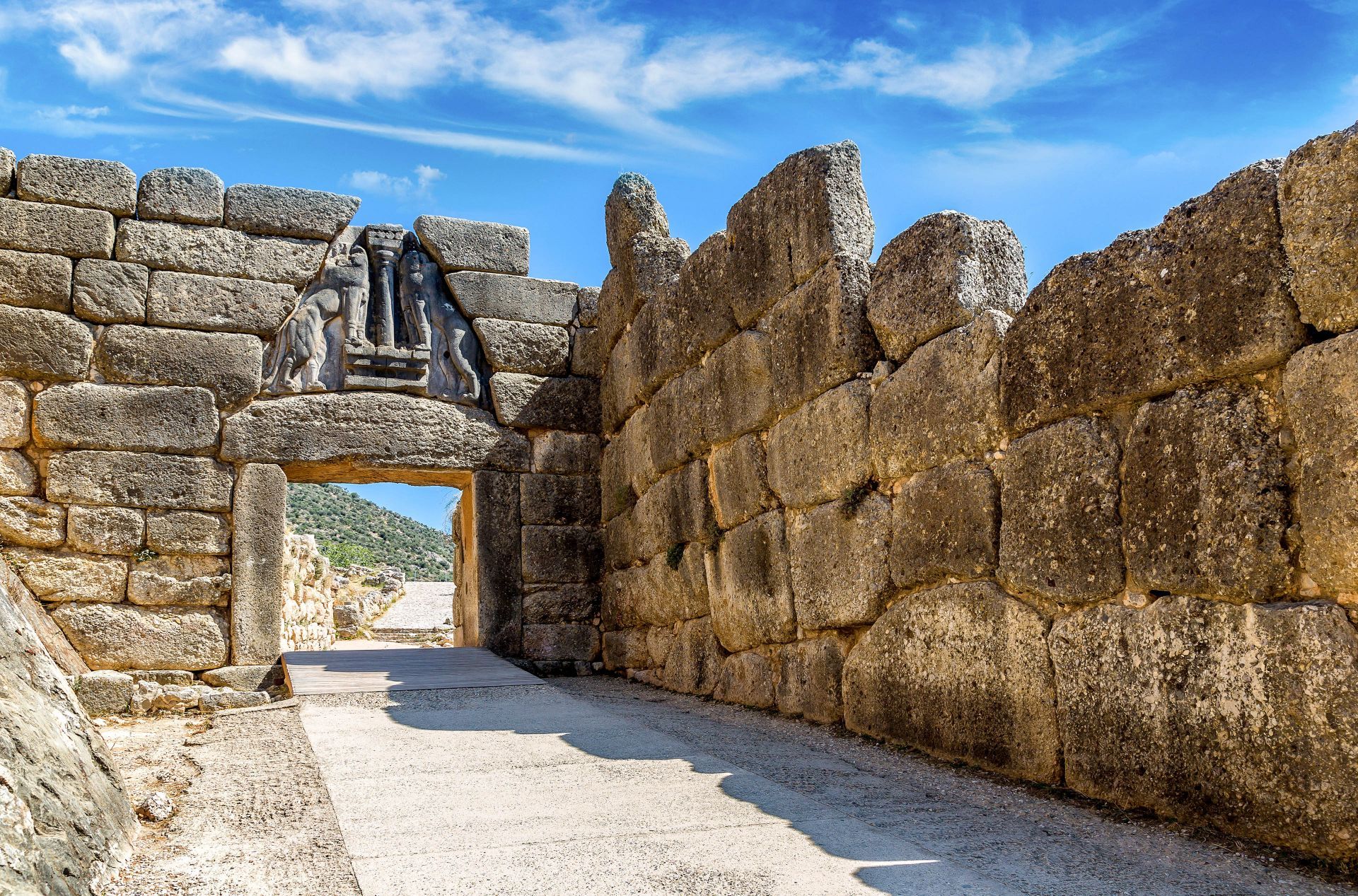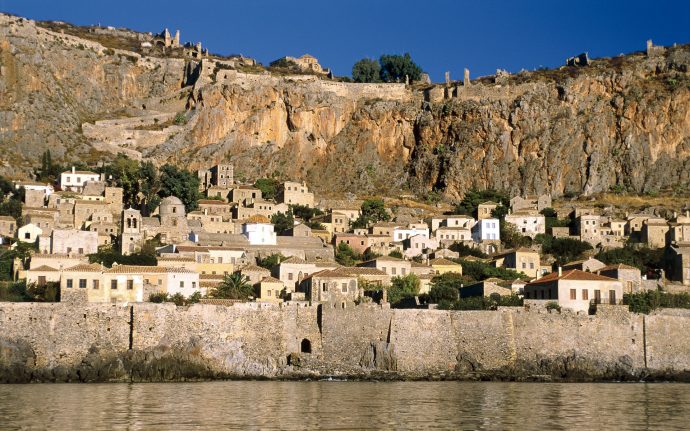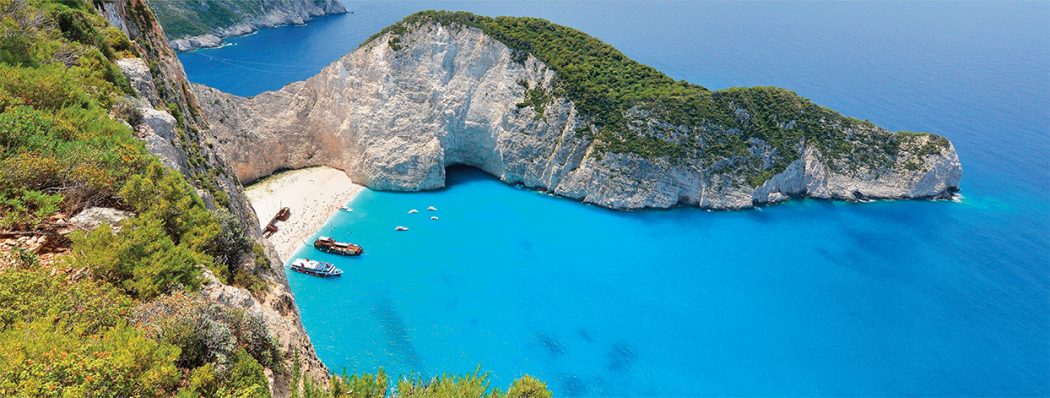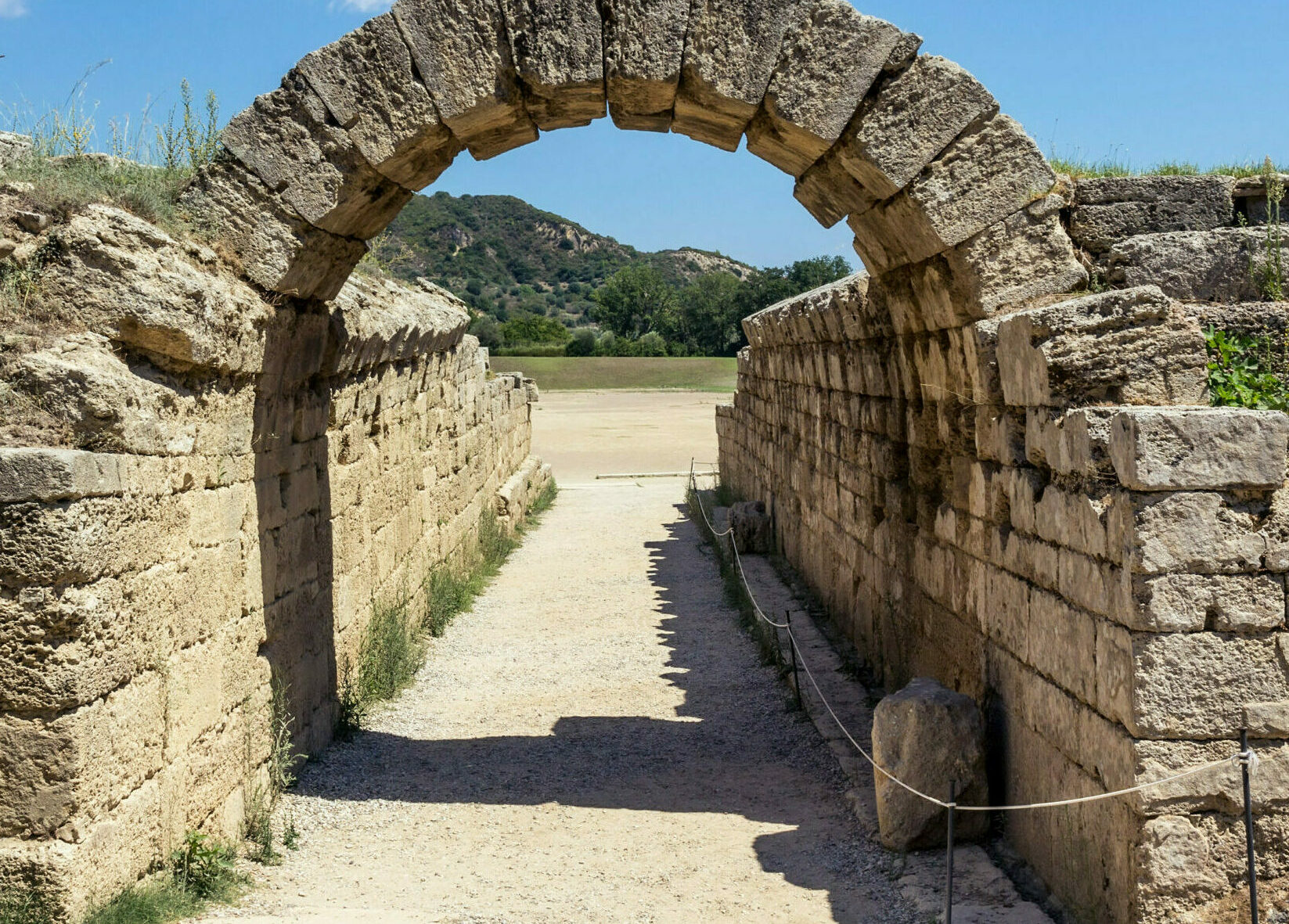The Peloponnese: A Journey Through Ancient History and Modern Beauty
Related Articles: The Peloponnese: A Journey Through Ancient History and Modern Beauty
Introduction
In this auspicious occasion, we are delighted to delve into the intriguing topic related to The Peloponnese: A Journey Through Ancient History and Modern Beauty. Let’s weave interesting information and offer fresh perspectives to the readers.
Table of Content
The Peloponnese: A Journey Through Ancient History and Modern Beauty

The Peloponnese, a peninsula in southern Greece, is a region steeped in history, culture, and natural beauty. Its name, derived from the mythical king Pelops, resonates with ancient tales and echoes through the ages. This land, shaped by the Aegean Sea and its rugged mountains, has been a crossroads of civilizations, witnessing the rise and fall of empires, the birth of democracy, and the evolution of art and philosophy.
A Geographic Tapestry
The Peloponnese is geographically diverse, a tapestry woven with mountains, plains, and coastlines. The towering Taygetos mountain range, a natural barrier between the eastern and western regions, dominates the landscape, its peaks reaching towards the sky, a testament to the region’s raw, untamed spirit.
The fertile plains of Arcadia, nestled between the mountains, have long been a source of agricultural bounty. The region’s coastline, punctuated by numerous bays and inlets, offers a haven for sailors and travelers, inviting exploration of its hidden coves and charming villages.
A Cradle of Civilization
The Peloponnese is a region where history comes alive. Ancient cities, once vibrant centers of trade and culture, stand as silent sentinels, their ruins whispering tales of a glorious past.
Mycenae, with its imposing Lion Gate and cyclopean walls, evokes the legendary heroes of Homer’s epics. The city of Sparta, renowned for its military prowess and austere lifestyle, left an indelible mark on the ancient world. Olympia, the birthplace of the Olympic Games, stands as a symbol of athleticism and the pursuit of excellence.
A Tapestry of History
The Peloponnese’s history is a rich and complex tapestry, woven with threads of conquest, innovation, and cultural exchange. The region was a vital part of the Mycenaean civilization, the first major civilization in Greece, its power and influence reaching far beyond its borders.
The Peloponnese was also at the heart of the Peloponnesian War, a conflict that pitted Athens against Sparta, shaping the destiny of the Greek world. This period, documented by the historian Thucydides, offers a glimpse into the political and social dynamics of ancient Greece.
A Cultural Legacy
The Peloponnese’s rich heritage is reflected in its art, architecture, and literature. The region’s temples, theaters, and sculptures are testaments to the artistic genius of the ancient Greeks. The region’s literature, from Homer’s epics to the plays of Sophocles and Euripides, continues to inspire and captivate audiences worldwide.
A Modern Paradise
Today, the Peloponnese is a vibrant region, offering a blend of ancient charm and modern amenities. Its picturesque villages, nestled amidst olive groves and vineyards, offer a glimpse into traditional Greek life. Its beaches, stretching along the coastline, beckon sun-seekers and water sports enthusiasts.
The Peloponnese is also home to a thriving agricultural sector, producing a wide variety of fruits, vegetables, and wines. Its cuisine, rich in flavors and aromas, is a testament to the region’s culinary heritage.
FAQs about the Peloponnese
Q: What are the major cities in the Peloponnese?
A: The major cities in the Peloponnese include:
- Patras: The largest city in the Peloponnese, located on the Gulf of Patras.
- Corinth: An ancient city with a rich history, known for its canal and its role in the Peloponnesian War.
- Mycenae: An archaeological site, home to the ruins of a Mycenaean city.
- Sparta: The ancient city-state known for its military prowess and austere lifestyle.
- Olympia: The birthplace of the Olympic Games, home to the ruins of the ancient sanctuary.
- Nafplio: A charming town with a Venetian-era fortress, located on the Argolic Gulf.
Q: What are some of the must-see attractions in the Peloponnese?
A: Some of the must-see attractions in the Peloponnese include:
- The Acropolis of Athens: While technically not in the Peloponnese, it’s a must-see for any visitor to Greece, offering panoramic views of the city and showcasing the architectural brilliance of the ancient Greeks.
- The Lion Gate at Mycenae: A monumental gateway adorned with two lions, marking the entrance to the ancient city of Mycenae.
- The Temple of Zeus at Olympia: A majestic temple dedicated to Zeus, the king of the gods, built in the 6th century BC.
- The Ancient Theatre of Epidaurus: A remarkably well-preserved theater, known for its acoustics and its use in ancient Greek drama.
- The Venetian Fortress of Nafplio: A historic fortress built in the 15th century, offering stunning views of the Argolic Gulf.
- The Taygetos Mountain Range: A dramatic mountain range, offering hiking trails and scenic vistas.
Q: What are the best times to visit the Peloponnese?
A: The best times to visit the Peloponnese are:
- Spring (April-May): Mild temperatures and blooming wildflowers make this a beautiful time to visit.
- Autumn (September-October): Pleasant temperatures and fewer crowds make this a good time to explore.
- Summer (June-August): Ideal for beach holidays and outdoor activities, but be prepared for hot temperatures and crowds.
Tips for Visiting the Peloponnese
- Plan your trip in advance: The Peloponnese is a large region with many attractions, so it’s important to plan your itinerary in advance.
- Rent a car: A car is the best way to explore the Peloponnese, as it allows you to visit remote areas and attractions that are not easily accessible by public transportation.
- Pack comfortable shoes: The Peloponnese is a region with many ancient ruins and hiking trails, so be prepared to walk.
- Learn a few basic Greek phrases: While English is widely spoken in tourist areas, learning a few basic Greek phrases will enhance your experience and allow you to connect with the locals.
- Try the local cuisine: The Peloponnese is known for its delicious cuisine, so be sure to sample local specialties such as moussaka, souvlaki, and dolmades.
Conclusion
The Peloponnese is a region that transcends time, where ancient history meets modern beauty. From its majestic mountains to its sparkling beaches, from its ancient ruins to its charming villages, the Peloponnese offers a unique and unforgettable travel experience. A journey through this region is a journey through the heart of Greece, a land where myths and legends come alive, and where the past and present intertwine to create a tapestry of enduring beauty.








Closure
Thus, we hope this article has provided valuable insights into The Peloponnese: A Journey Through Ancient History and Modern Beauty. We hope you find this article informative and beneficial. See you in our next article!